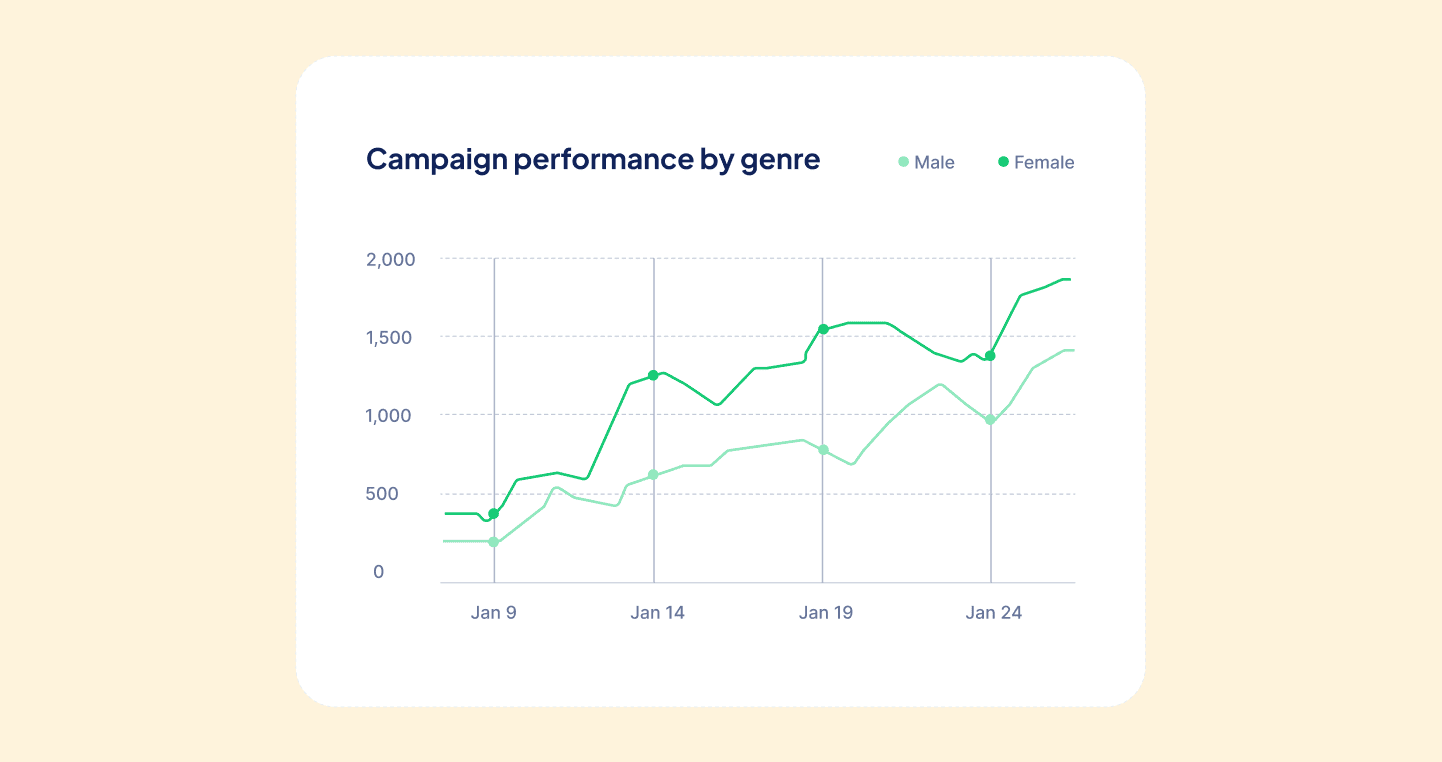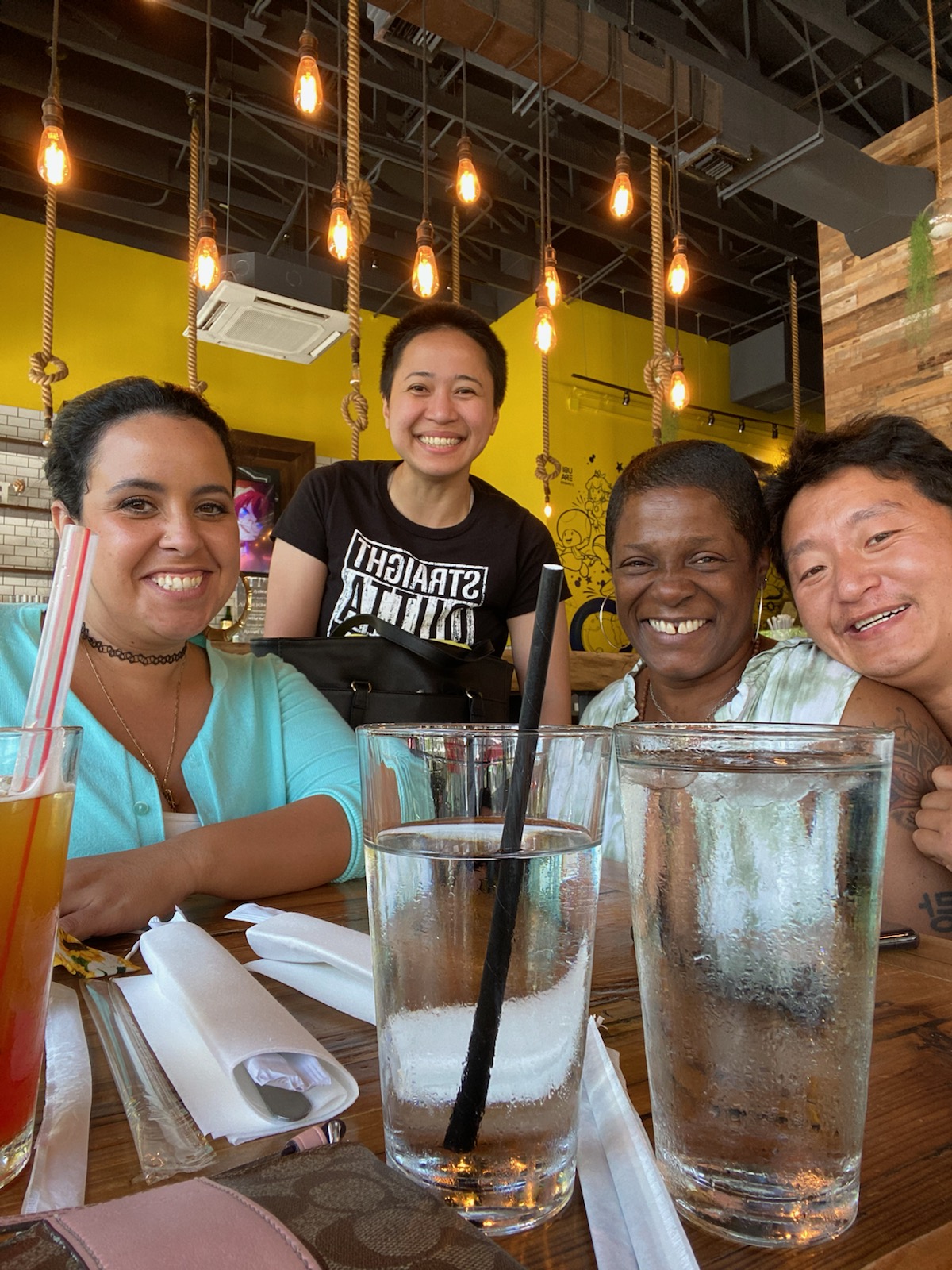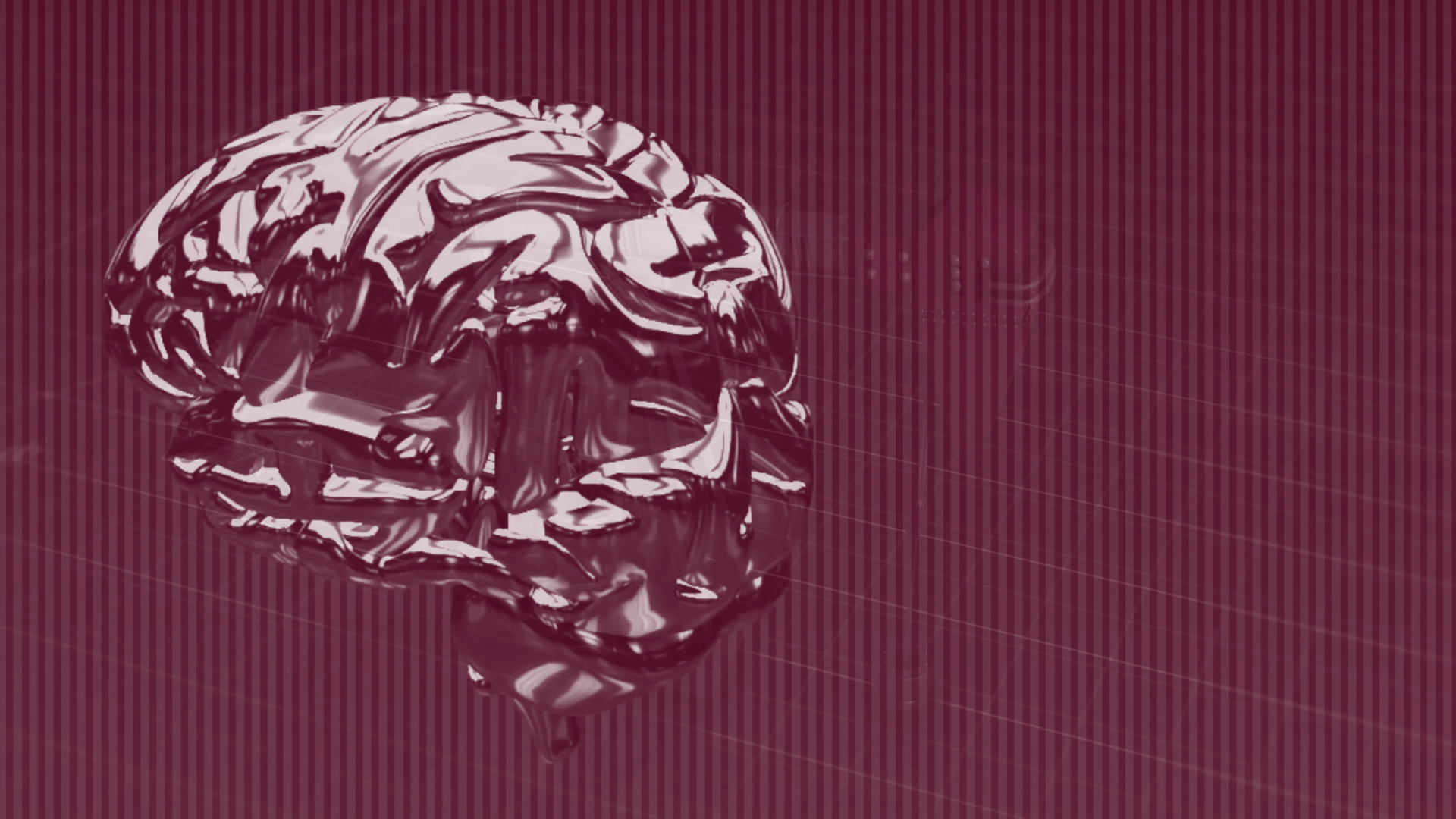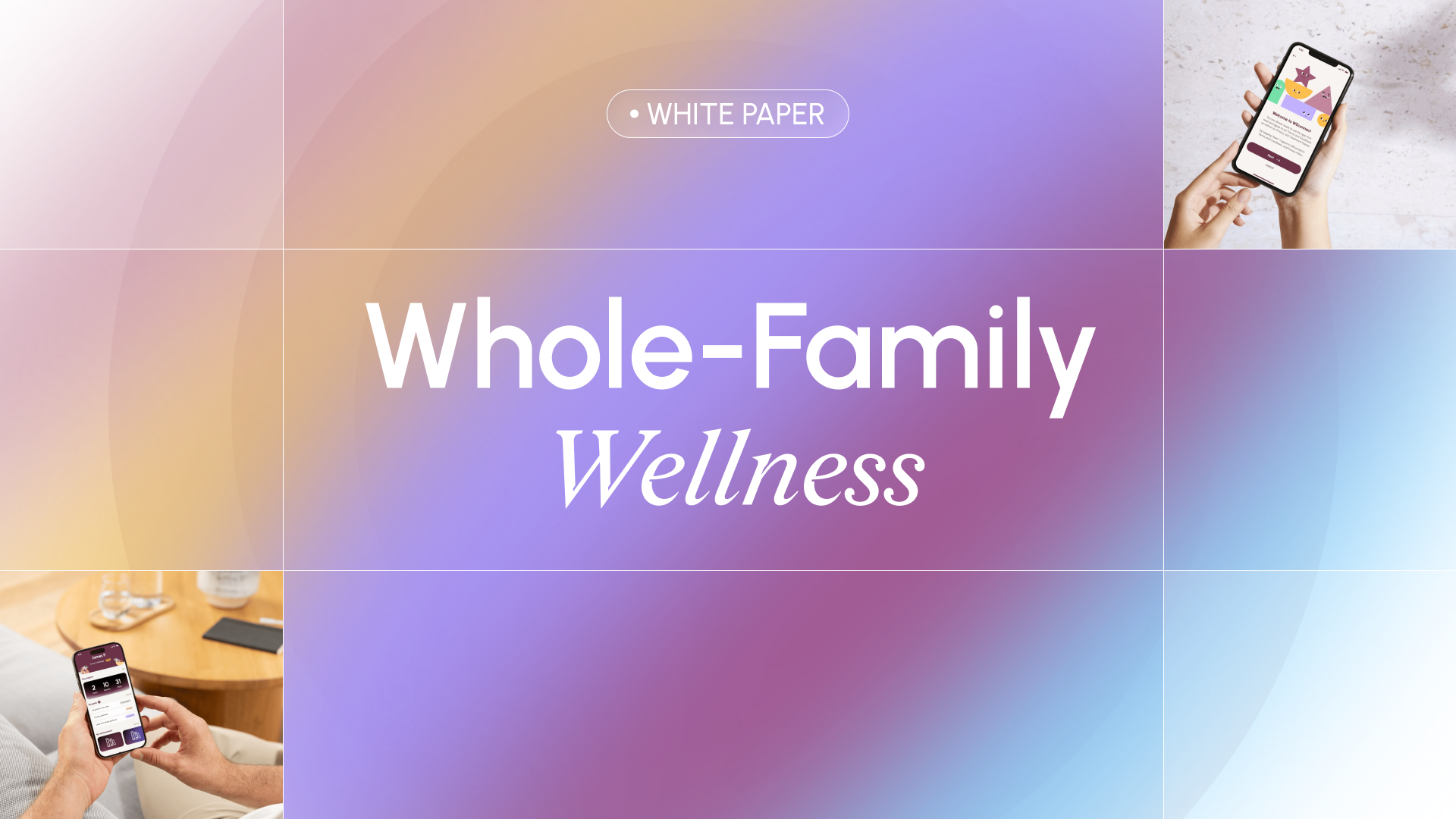Nancy Taylor (she/her) is a quiet force in the world of addiction, recovery, and peer support. A force that is guided by compassion, love, and equanimity for all beings. She is a certified Addiction Recovery Coach living and working in the field of recovery services in New York’s Hudson Valley. This interview was an opportunity to sit down with her and ask some questions about life, her chosen pathway of recovery, and her role on the Recovery Dharma Board of Directors.
How were you first introduced to the Buddhist Pathway of Recovery?
Upon the death of my mother in 2015, I found out my father had dementia. I was the only sibling willing to care for him. It was very difficult. I didn't know what to do with myself, let alone how to handle the emotions that came up. After spending hours a day at the gym trying to relieve my suffering, I found meditation. It worked! I thought “If I could just combine meditation with my recovery…” Then I literally stumbled on Buddhist-related recovery books by multiple authors like Dr. Valerie Mason John (Vimalasara), Dr. Gabor Mate’, Kevin Griffin, and Mel Ash. That started my journey in Buddhism.
What do you love the most about Recovery Dharma?
The simplicity and compassionate support of Sangha (community). The Recovery Dharma program is 108 pages sharing a path to the relief from suffering. Sit, meditate, and learn the path of Dharma with others by reading the book and sharing your process of recovery. Some people new to our groups will be afraid to share on certain topics for fear that they would be deemed “outside issues,” but in Recovery Dharma, there are no outside issues. Anything having to do with your journey of recovery that you need to share about in a meeting is valid and welcome.
Does someone need to identify as a Buddhist to go to Recovery Dharma Meetings?
Absolutely not. Recovery Dharma is a very diverse community. Being open to learning a new path of recovery through meditation, kindness, and compassion is all that’s needed to participate.
Do the Recovery Dharma Meetings include support for things other than addiction to substances (such as disordered eating, mental health concerns, gambling, sex, etc.)?
Yes. Recovery Dharma welcomes folks that are experiencing all different types of challenges. Our literature specifically welcomes “anyone who is looking to heal from addiction and addictive behavior, whether it’s caused by substance use or process addictions like codependency, gambling, eating disorders, relationships, technology, or any obsessive or habitual pattern that creates suffering.”
You recently started hosting a BIPOC-specific meeting, can you talk a little bit about that?
The first, original Recovery Dharma BIPOC meeting was created by a couple of members and myself to provide a safe space for black, indigenous people of color back in 2020 when the murder of George Floyd dominated the news headlines.
The BIPOC community needed a safe space where their thoughts, emotions, and challenges could be shared openly and authentically without the fear of judgment or any racially inappropriate behaviors. Allies are appreciated, yet in a different space. It was a very difficult time for many BIPOC individuals in recovery and even more difficult to find a recovery community of others that were of color.
Since then, I have assisted in co-creating two more Recovery Dharma BIPOC meetings. The community is steadily growing, and a new path of hope for the recovery from addiction has opened for those who were seeking change.
How would one find a Recovery Dharma meeting?
Recoverydharma.org. There are meetings worldwide listed in all time zones. International meetings are listed too. We even have specialty meetings for Friends & Family, Women’s & Men’s Non-Binary True Intimacy (Love and Lust Dependency), MAT-Stigma-Free, Codependency, Recovery Dharma for Mental Health (Dual Diagnosis/Co-Occuring Disorders), and Mindful Eating, just to name a few!
To learn more about Recovery Dharma's meetings and mission, visit www.recoverydharma.org.
Emphasize your product's unique features or benefits to differentiate it from competitors
In nec dictum adipiscing pharetra enim etiam scelerisque dolor purus ipsum egestas cursus vulputate arcu egestas ut eu sed mollis consectetur mattis pharetra curabitur et maecenas in mattis fames consectetur ipsum quis risus mauris aliquam ornare nisl purus at ipsum nulla accumsan consectetur vestibulum suspendisse aliquam condimentum scelerisque lacinia pellentesque vestibulum condimentum turpis ligula pharetra dictum sapien facilisis sapien at sagittis et cursus congue.
- Pharetra curabitur et maecenas in mattis fames consectetur ipsum quis risus.
- Justo urna nisi auctor consequat consectetur dolor lectus blandit.
- Eget egestas volutpat lacinia vestibulum vitae mattis hendrerit.
- Ornare elit odio tellus orci bibendum dictum id sem congue enim amet diam.
Incorporate statistics or specific numbers to highlight the effectiveness or popularity of your offering
Convallis pellentesque ullamcorper sapien sed tristique fermentum proin amet quam tincidunt feugiat vitae neque quisque odio ut pellentesque ac mauris eget lectus. Pretium arcu turpis lacus sapien sit at eu sapien duis magna nunc nibh nam non ut nibh ultrices ultrices elementum egestas enim nisl sed cursus pellentesque sit dignissim enim euismod sit et convallis sed pelis viverra quam at nisl sit pharetra enim nisl nec vestibulum posuere in volutpat sed blandit neque risus.

Use time-sensitive language to encourage immediate action, such as "Limited Time Offer
Feugiat vitae neque quisque odio ut pellentesque ac mauris eget lectus. Pretium arcu turpis lacus sapien sit at eu sapien duis magna nunc nibh nam non ut nibh ultrices ultrices elementum egestas enim nisl sed cursus pellentesque sit dignissim enim euismod sit et convallis sed pelis viverra quam at nisl sit pharetra enim nisl nec vestibulum posuere in volutpat sed blandit neque risus.
- Pharetra curabitur et maecenas in mattis fames consectetur ipsum quis risus.
- Justo urna nisi auctor consequat consectetur dolor lectus blandit.
- Eget egestas volutpat lacinia vestibulum vitae mattis hendrerit.
- Ornare elit odio tellus orci bibendum dictum id sem congue enim amet diam.
Address customer pain points directly by showing how your product solves their problems
Feugiat vitae neque quisque odio ut pellentesque ac mauris eget lectus. Pretium arcu turpis lacus sapien sit at eu sapien duis magna nunc nibh nam non ut nibh ultrices ultrices elementum egestas enim nisl sed cursus pellentesque sit dignissim enim euismod sit et convallis sed pelis viverra quam at nisl sit pharetra enim nisl nec vestibulum posuere in volutpat sed blandit neque risus.
Vel etiam vel amet aenean eget in habitasse nunc duis tellus sem turpis risus aliquam ac volutpat tellus eu faucibus ullamcorper.
Tailor titles to your ideal customer segment using phrases like "Designed for Busy Professionals
Sed pretium id nibh id sit felis vitae volutpat volutpat adipiscing at sodales neque lectus mi phasellus commodo at elit suspendisse ornare faucibus lectus purus viverra in nec aliquet commodo et sed sed nisi tempor mi pellentesque arcu viverra pretium duis enim vulputate dignissim etiam ultrices vitae neque urna proin nibh diam turpis augue lacus.
%202.svg)


